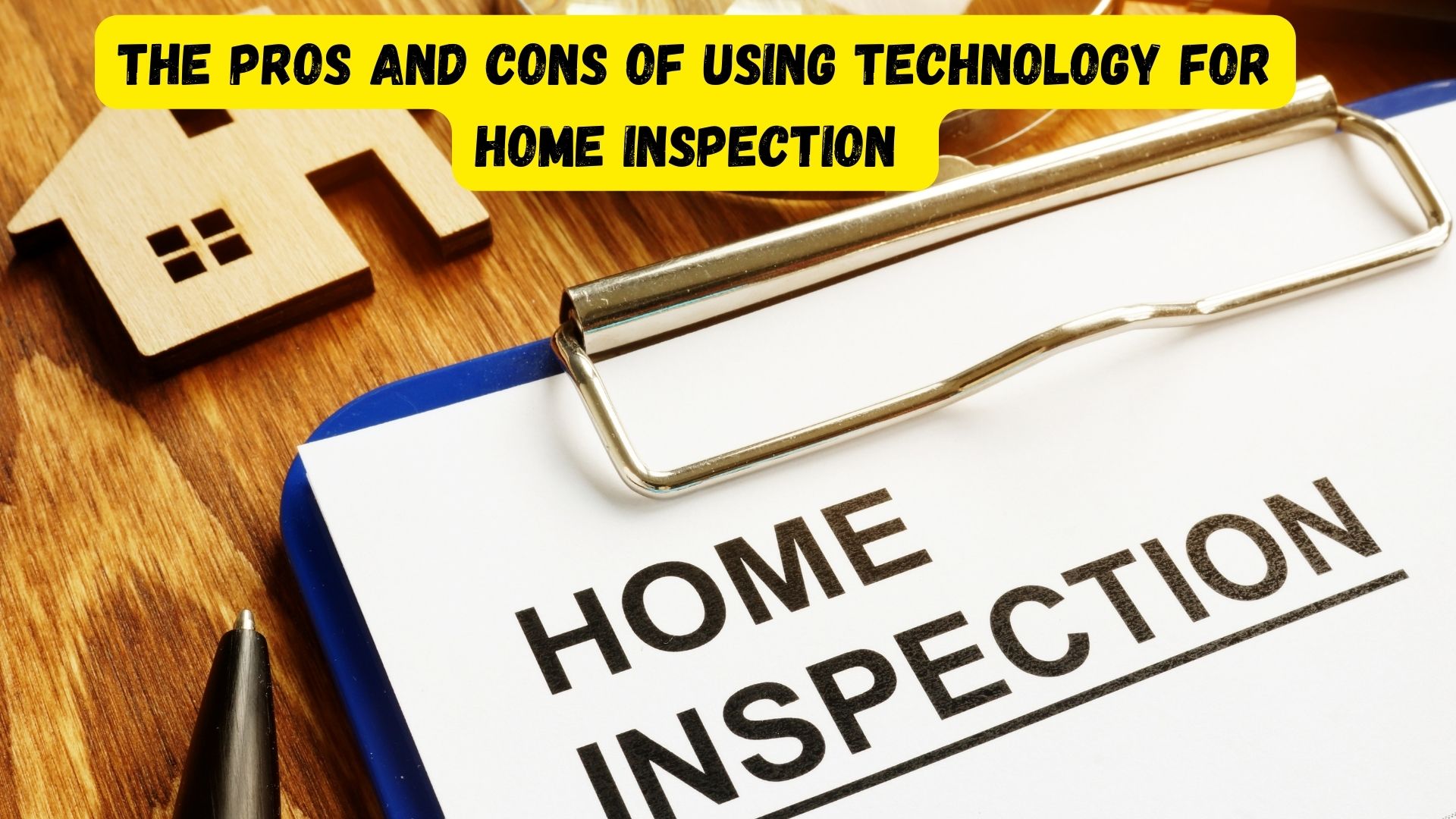

The home inspection industry is evolving with an increase in demand for automated home inspection. Advanced home inspection tools have taken over the traditional ways of inspection owing to their efficiency and accuracy.
Before the advent of automated home inspection, the task was carried out manually by inspectors which left minute details and hidden defects unnoticed. The latest gadgets have made it possible to uncover most details about houses and the materials used. These gadgets require stable internet connections such as the Spectrum One plans which have enough bandwidth to back the operation. Technological home inspection increases customer satisfaction and has given a significant boost to the real estate sector.
Technology increases the accuracy of the home inspection process. Some benefits of the technological advancements in this sector are listed below.
Speedy Inspection – the speed of the inspection process has increased owing to the automation of the process which delivers faster and quicker access to reports.
Accurate Results – Produces reliable reports with accurate data providing the buyers and the sellers with an accurate insight into the property’s condition.
Safety – It reduces the need for certain difficult tasks that involve heights and sharp edges.
Customer Satisfaction – Automated reports generated by technological gadgets are accurate and reliable which increases customer satisfaction.
The commonly used technological devices in a home inspection include:
Thermal Imaging Cameras – These specialized cameras are used to detect temperature differences in different parts of the property. They help home inspectors detect issues such as heat loss, dampness due to moisture, and electrical problems.
Drones – Drones equipped with cameras and sensors help detect problems in areas that are difficult to reach such as rooftops, chimneys, etc.
Robotic Crawlers – Robotic crawlers help identify problems in places that are not accessible to humans such as tight ductwork and attics. They are very helpful in detecting construction failures, and pest infestation. They can also identify insulation issues.
Cloud-based Software – cloud-based software is used to store and share inspection reports which can be shared instantly with the customers providing them with up-to-date information regarding the property under consideration.
Mobile Devices – Smartphones are used to take pictures and make videos for the clients to show them areas of concern when they are not physically present on the property.
The future of the home inspection industry is bright as it is becoming an essential part of the home buying process owing to its reliability. Accuracy of results owing to the use of the latest technological devices has led to high customer satisfaction and more people and now opting for third-party inspection. Research and innovation in this department can further increase its potential to perform and convert it into a mainstream industry.
Remote inspection
Remote and virtual assessment of properties is becoming increasingly popular with technological advancement in the home inspection industry. Home inspectors are now able to inspect a property through videos, pictures, and other tech devices.
Technological advancements in the industry
Home inspection is a growing industry that has evolved in the past decade owing to the technological advancements made in the field for accuracy and ease of operations. It is believed to make further advancements with innovative technologies such as machine learning and artificial intelligence
Sustainability and Efficient Energy Consumption
Advanced tools to measure the sustainability of materials used in construction can be revolutionary for the home inspection field. Thorough research and innovation should be encouraged in this field as sustainability is of optimal importance to someone spending a fortune on buying a home for their family.
Efficient resources for energy must be installed to avoid wastage and use only what is required.
Standardization
With more and more people opting for an external home inspection, this industry has the potential to be recognized as a specialized industry with set standards and protocols. This will boost the industry and increase customer trust in the process. It will open more opportunities for home inspectors and increase their business. However, it will also increase the accountability of the home inspectors which will help them improve their procedures and equip themselves with the latest technology to produce efficient and accurate results.
While the use of technology in home inspections has many advantages it also has several disadvantages which should be taken into consideration when engaging technology in the inspection process.
The potential drawbacks of technology in home inspection are as follows.
Technical Faults: Like all technological devices, the ones used in home inspection can also break down or collapse and may produce inaccurate results which cause delays in the completion of the process.
Lack of Technology Regulation – Currently there is no regulation on the use of tech devices for home inspection. Home inspectors are also experimenting with different available devices and have varied experiences.
Reliance on Technology – While valuable insight can be gathered about the property using technology. It does not indicate whether all issues have been identified.
Lana Del Rey and Quavo have taken the music world by storm with their latest…
Donald McNichol Sutherland CC was a distinguished Canadian actor whose career spanned six decades. Throughout…
Dantes is a popular Twitch star and gaming personality born on February 2, 2002, in…
Shaniece Hairston is a model, reality TV personality, and social media influencer. She gained prominence…
Kendall Toole is a prominent Peloton instructor known for her vibrant personality and motivational presence.…
Anthony Tyrone "Tony" Evans Sr. is a prominent American evangelical pastor, speaker, author, and a…